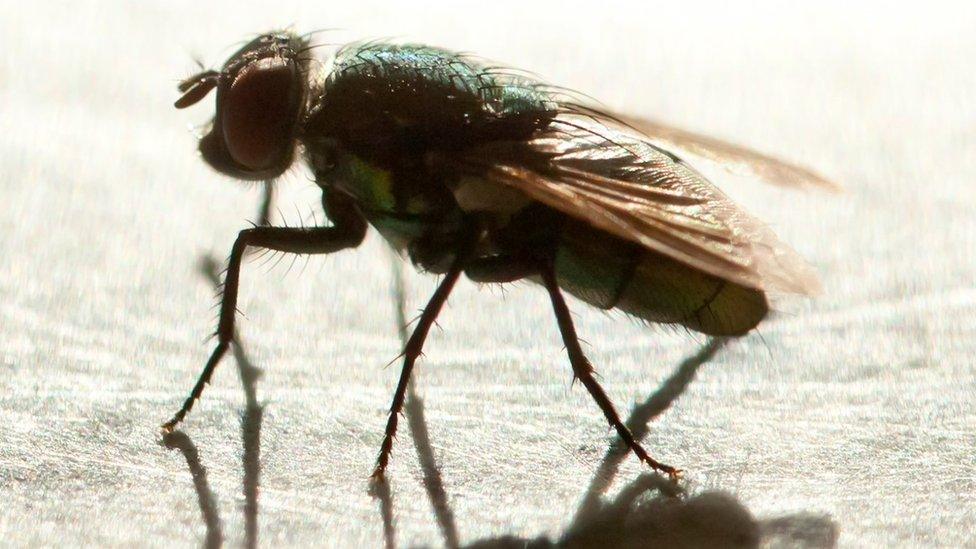Bristol homes could be fuelled by waste incinerator
- Published
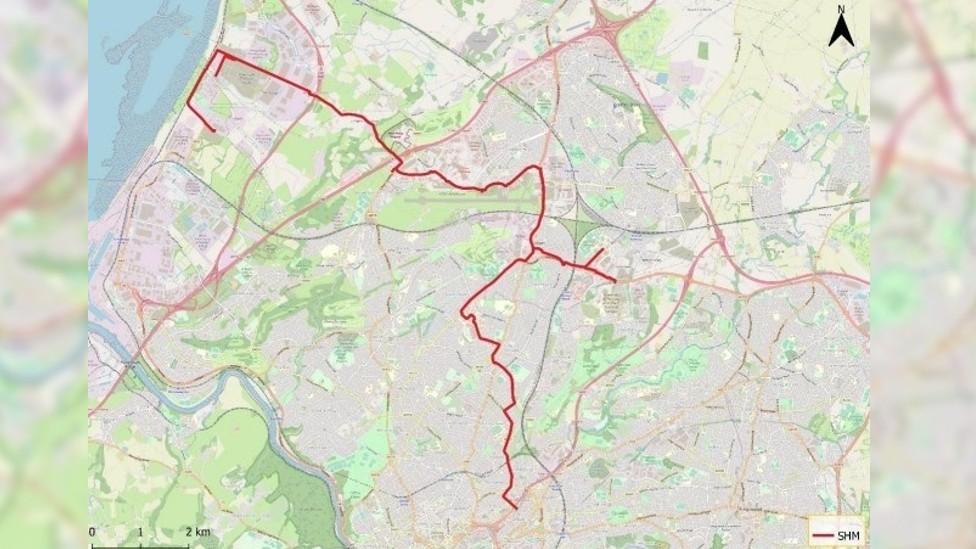
The 20-kilometre pipe will run through Bristol to an energy-from-waste plant in Avonmouth
Homes connected to new district heat networks could be fuelled by burning rubbish in an incinerator.
Costing up to £100m, a 12-mile (20km) heat main pipe is planned to run through Bristol to an energy-from-waste plant in Avonmouth.
A key part of the City Leap deal between Bristol City Council, Ameresco and Vattenfall, the plans aim to cut the city's carbon emissions.
It is one of a raft of projects including rolling out heat pumps.
Under the City Leap deal, at least £424m will be spent over the next five years on expanding the district heat network, retrofitting homes with insulations and building new renewable energy generators.
US firm Ameresco will lead the majority of the work while Swedish company Vattenfall will be responsible for installing the heat main from Avonmouth, past Cribbs Causeway and Southmead Hospital, then down through St Jude's to Old Market.
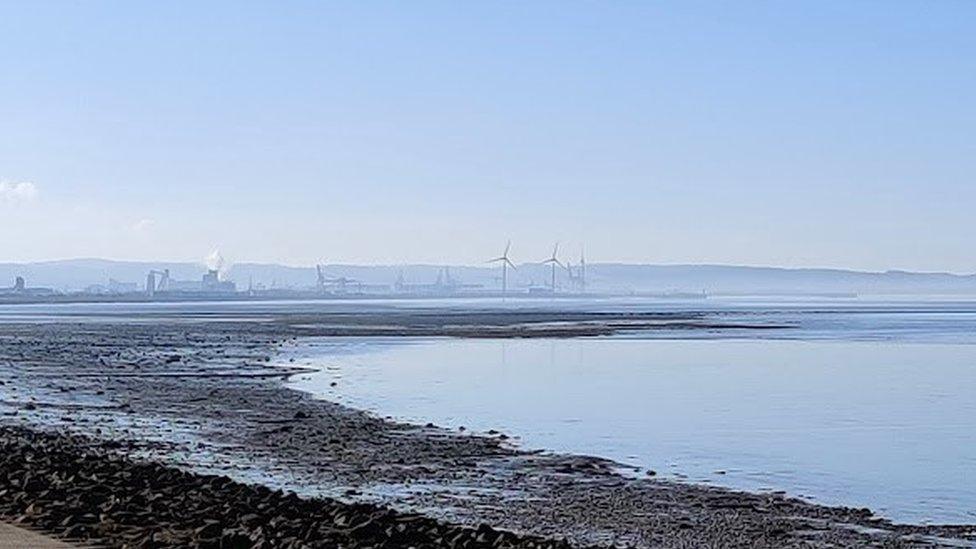
Avonmouth, on the edge of the city, could provide heat for homes
Heat networks, also known as district heating, supply heat from a central source to consumers, via a network of underground pipes carrying hot water.
There are two existing heat networks in Redcliffe and Old Market with a third being built in Bedminster.
Vattenfall plans to install a further five heat networks - in the city centre, St Phillip's Marsh, Spike Island, Ashton Gate, and the Frome Gateway, eventually connecting all the networks in the city.
Heat would partly come from an energy-from-waste plant in Avonmouth, where rubbish that can't be recycled is incinerated to generate electricity.
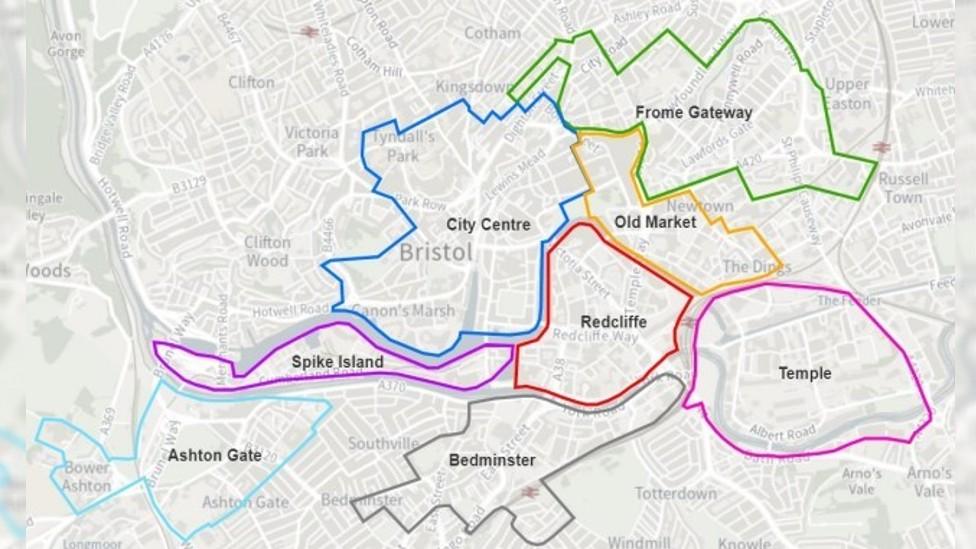
Vattenfall plans to install a further five heat networks including the city centre, Spike Island and Ashton Gate.
Due to be signed off by cabinet on Tuesday 6 December, company bosses faced questions beforehand from the overview and scrutiny management board, about whether relying on burning rubbish for heat is environmentally sustainable, given the unknown amount of carbon dioxide emitted from incinerating non-recyclable waste .
According to the Local Democracy Reporting Service, Green Councillor David Wilcox said this was "obviously not climate sustainable".
Stuart Allison, strategy director at Vattenfall said "heat networks are recognised by the government as one of the most cost effective ways to decarbonise cities" and the council had already done "some great work establishing some heat networks" which they can "scale up and grow".
Asked about the carbon emissions from incinerating waste, Mr Allison said heat currently generated at the plant "is ejected to the atmosphere", so capturing it for the heat network would be more efficient.
He added Vattenfall would also explore using carbon capture technologies.

Follow BBC West on Facebook, external, Twitter, external and Instagram, external. Send your story ideas to: bristol@bbc.co.uk , external
Related topics
- Published5 December 2022
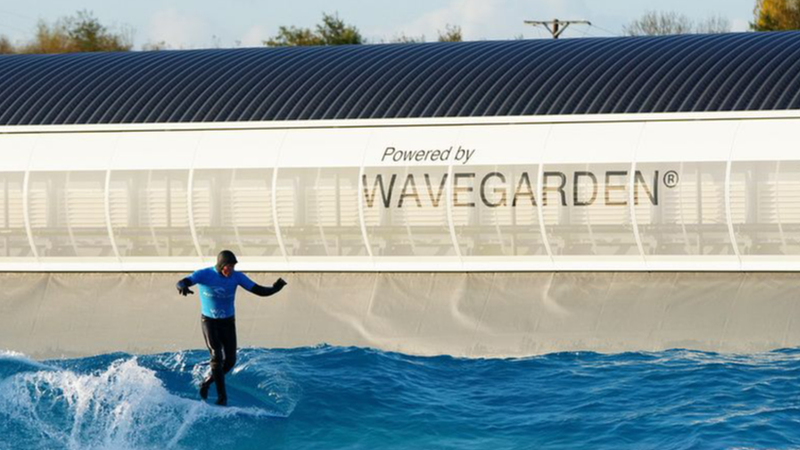
- Published2 December 2022
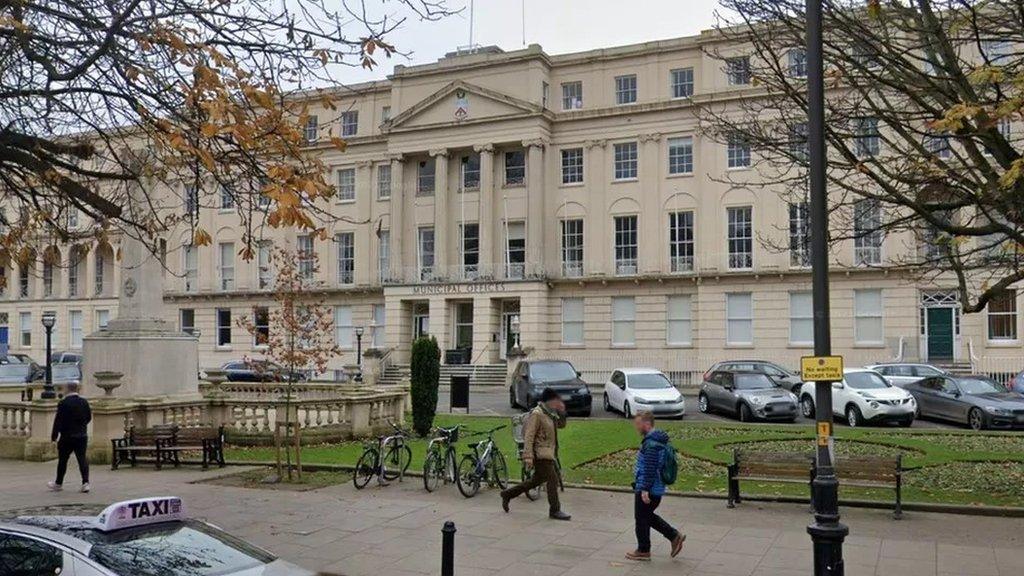
- Published3 October 2022
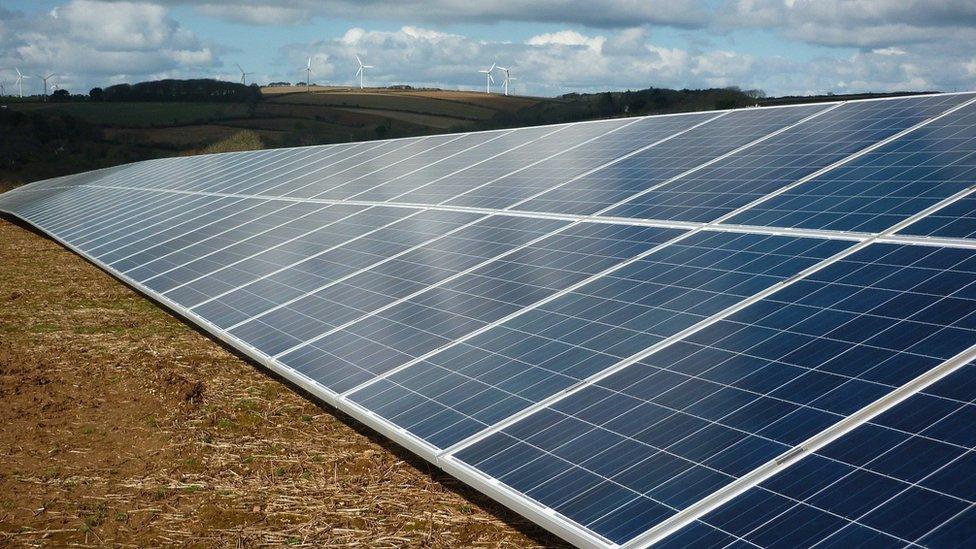
- Published25 August 2021
